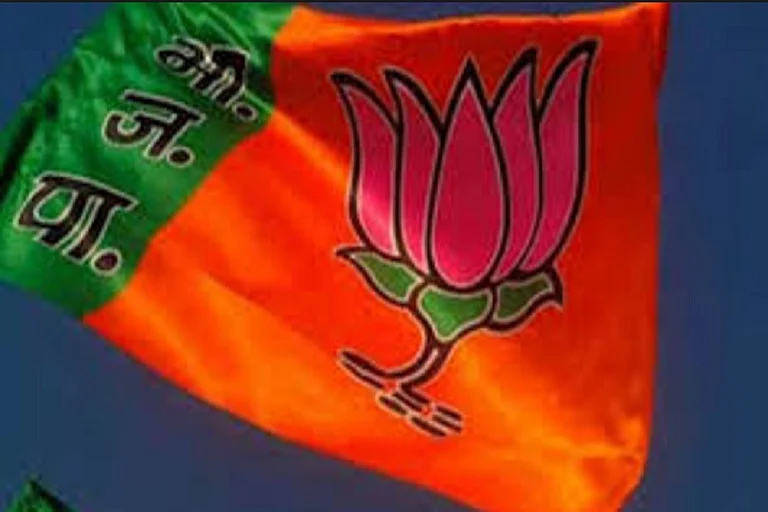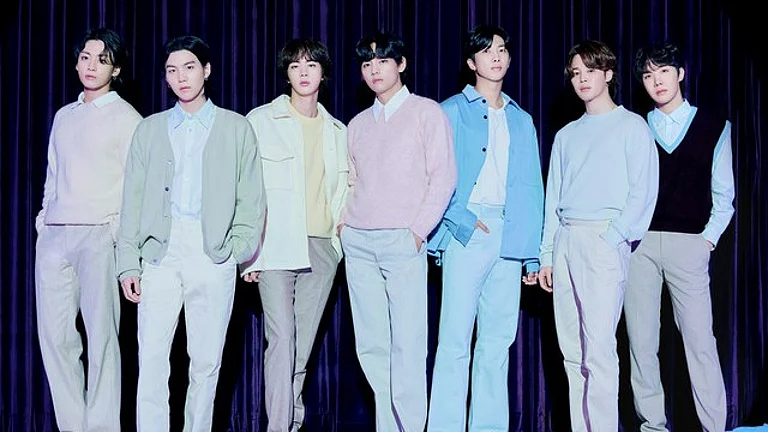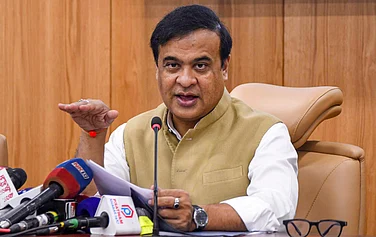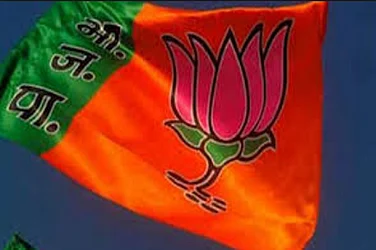WHAT he lacks in charisma, Chandrababu Naidu has been trying to make up through public relations. In the eight months that he has been in power, the Andhra Pradesh Chief Minister has shown that he is a wily manipulator who understands the importance of media management. The direct impact of his wooing the media is that, barring two English dailies, almost all the papers in the state are supportive of the Chief Minister and his Government. Says a senior Hyderabad-based journalist: "The press is literally eating out of Chandrababu Naidu's hand. There seems to be very little objectivity."
Providing sops and pampering journalists and editors is the name of the game. Naidu has never failed to visit journalists in distress and has often offered them help. Even relatively junior scribes admitted in hospital have been surprised by a visit from Naidu and the Chief Minister invariably asks the hospital to send the bill to his office should the journalist find the fee too steep. Such magnanimous gestures have won Naidu many friends in the press.
Naidu's PR is not limited to courtesy calls on scribes in distress. The allegations levelled against him by his detractors is that, like Mulayam Singh Yadav in Uttar Pradesh, Naidu is generous in donating funds to journalist unions and allotting buildings and plots. Also, the media has been given a hallowed position in the process of government as the Chief Minister consults mediapersons before taking major decisions.
Thus, he recently invited business correspondents and editors to solicit their views on what the thrust of the forthcoming state budget should be. Similarly, he created a precedent by throwing open the doors of the Collectors' annual conference to the media. Even more surprisingly, reporters were allowed in at a crucial police meeting on the state's law and order situation.
Those who support Naidu's friendly overtures to the media point out that the TDP Government works with a transparency which is remarkable and needs to be lauded. Those who are not part of the Naidu coterie are of the view that newsreports are being coloured by a pro-Naidu tint which is alarming. There is very little negative reporting vis-a-vis the Government and a section of journalists seem to have begun to believe they are part of the Naidu ministry.
It was NTR's widow and Naidu's arch rival Lakshmi Parvathi who first raised the issue of mediapersons 'surrendering' to the Government. In her maiden public meeting after her husband's death at Nizam College ground, Hyderabad, Parvathi lashed out at the media. "How can a newspaper reporter with a monthly salary of Rs 3,000 own three cars when, till recently, he used to go to office on a cycle," she asked. Parvati also trained her guns on newspaper proprietors though she didn't name the increasing tribe of what she called 'sarkari' journalists.
Not everyone in the press is carried away by Naidu's PR. There has emerged a faction which is opposed to the 'sarkari' journalists. The differences between those swearing allegiance to Naidu and those opposed came to the fore when the reporter of a Telugu daily, Vaartha, was allegedly beaten up at Vicarabad by A. Chandrasekhar, a ruling party legislator. The incident was roundly condemned and S. Nagesh Kumar, general secretary of the Andhra Pradesh Union of Working Journalists (APUWJ), had taken the stand that the union must demand the suspension of the TDP legislator.
However, Kumar had to relinquish his position in the APUWJ when he realised that a majority of executive committee members were not keen to take a stand against the legislator. Initially, the APUWJ had conceded the demand that a 'struggle committee' be set up for taking up the Vicara-bad incident and a senior journalist, M.P. Rabindernath, was appointed chairman.
The committee unanimously agreed to spearhead the agitation till the Government conceded its demand to suspend the erring legislator and police officials, including a DSP. The Government, in a clear move to thwart the agitation, also ordered a judicial probe and many in the APUWJ are happy with the decision. Says Srinivasa Reddy, a senior member of the union: "There is more than what meets the eye in the demand of a section of journalists within the union. I suspect foul play by the proprietors of Vaartha. Our effort should be to provide an opportunity to the Government to do justice." Reddy obviously feels that there is no harm in accepting the Government decision for a judicial probe.
The struggle committee says that it will continue its agitation. But with the press divided over the issue and more journalists being won over by Naidu, voices of protests may become less voluble. The Chief Minister seems to have learnt that a good rapport with journalists and editors can change the perceptions of the media to his advantage.






















